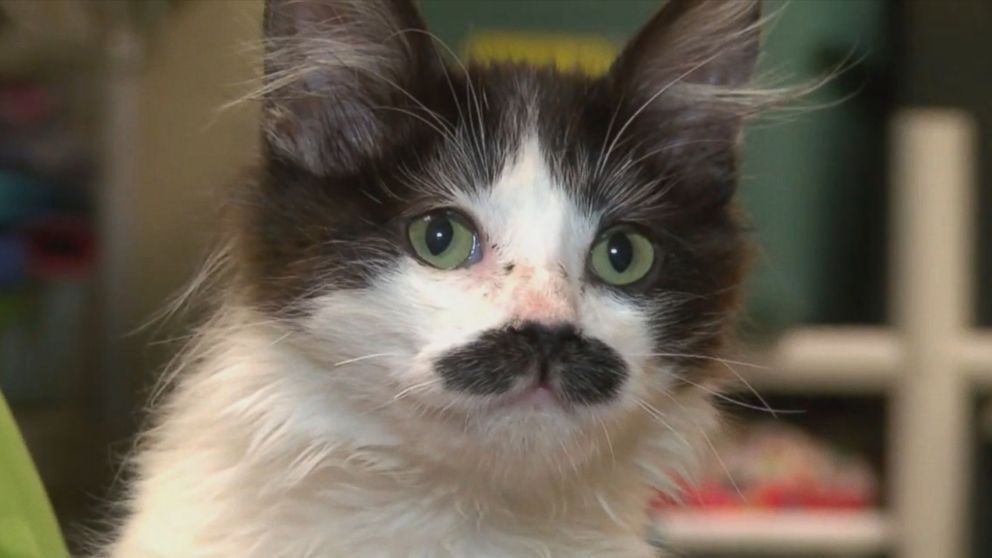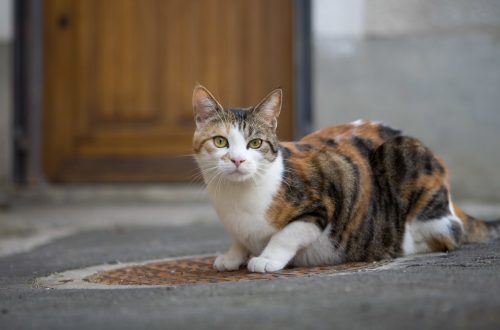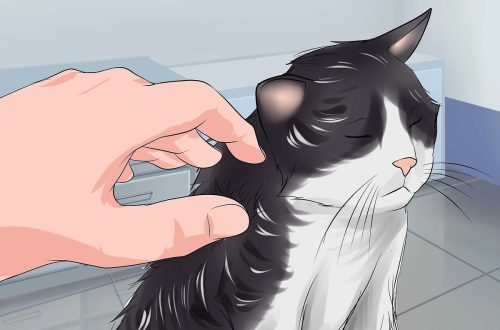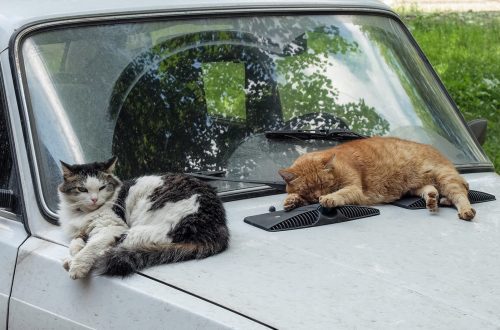
Why does a cat need a mustache?
The whiskers of mammals are scientifically called “vibrissae” – from the Latin vibro, which means “to oscillate”. They are located not only on the cheeks, but also on the chin, above the eyes in the area of the eyebrows and on each paw of the cat.
A mustache cannot be called hair. Moreover, scientists are convinced that they even have nothing in common. Vibrissa is a special organ of touch. Each whisker is surrounded by many nerve endings that transmit information to a specific part of the brain. With the help of whiskers, a cat feels various objects – just like a person with his fingers.
When moving, the vibrissae help the animal to navigate in space, that is, the cat receives information from the whiskers about the obstacles surrounding it and calmly bypasses them.
By the way, vibrissae are responsible for the most important myth about cats: supposedly they see perfectly in complete darkness. This is not entirely true. In complete darkness, alas, the cat does not see, but it can perfectly move thanks to vibrissae even with minimal visibility.
In addition, this organ of touch helps the animal to sense objects located close to it. The fact is that the cat practically does not see what is right in front of her nose – this is the so-called “blind zone”. And the mustache and sense of smell come to the aid of the eyes at such moments. You can even conduct an experiment: if you put a piece of treat right in front of the cat’s nose, the pet can look for it for a couple of seconds.
Contents
Can a cat’s whiskers be cut off?
Of course not! Without a mustache, a cat will not die and will not lose its sense of smell, as many people think, but the stressful state of the animal will be provided. The pet will no longer receive complete information about the space around him, therefore, he will be nervous and feel less comfortable.
The language of the cat’s whiskers
By the position of the vibrissae, one can judge the current mood and condition of the pet. For example, if they are directed forward, then this indicates the curiosity of the cat and its interest, but pressed vibrissae signal the fear and anxiety of the pet.
If a cat’s whiskers fall out
Mustache loss is a natural process. If you periodically find 1-2 vibrissae in the apartment, this is not a problem, because new ones grow to replace the ones that have fallen out from the cat. Another thing is when mustache loss becomes chronic or begins suddenly and occurs en masse.
Reasons for mustache loss:
lack of collagen
Collagen is the main substance that is necessary for the normal functioning of the cat’s whiskers. With its lack of vibrissae fall out.
Lack of vitamins
Vitamin deficiency can also cause cat whiskers to fall out.
Skin infections, fungal diseases
Vibrissa prolapse can often be a symptom of an infectious disease or fungus.
Hormonal disorders
Most often they are associated with disorders of the thyroid gland. As a rule, older cats suffer from this.
Allergic reactions
As you can see, there are many reasons why a cat may experience whisker loss, so you can’t do the diagnosis yourself. If you notice that your cat’s whiskers are thinning, contact your veterinarian. Analyzes will help to establish the cause of the development of pathology.





